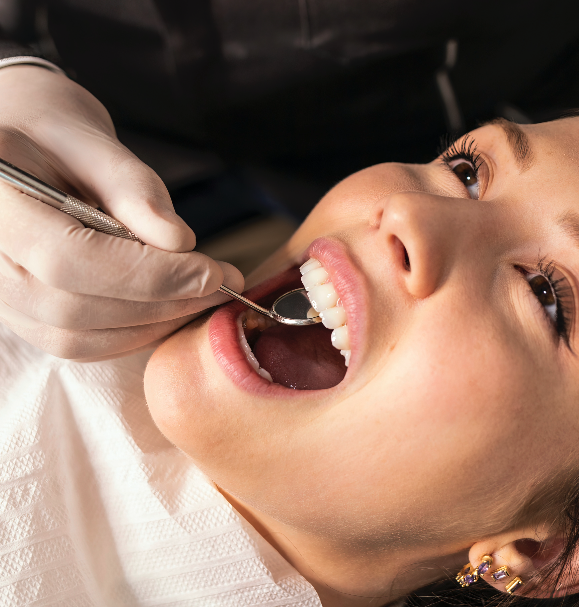
Bruxism, or teeth grinding, is a common yet often overlooked condition that can seriously impact one’s oral and overall health. It typically happens unconsciously, often during sleep, and is usually brought to light by a partner or a dental professional.
Frequent grinding can lead to a host of issues. These include tooth damage, increased tooth sensitivity, jaw pain, headaches, and sleep disturbances. It’s not just a matter of worn-down teeth or damaged enamel, but a whole host of complications that can compromise your quality of life.
Several factors contribute to teeth grinding. These can include stress and anxiety, certain medications, and lifestyle habits such as alcohol and caffeine consumption, and smoking. It’s also associated with certain sleep disorders, such as sleep apnea. Understanding these triggers is the first step towards effective management of bruxism.
Recognizing the signs of bruxism is vital, as it often goes undiagnosed due to its subconscious nature. Symptoms can include a dull headache or a sore jaw upon waking, increased tooth sensitivity, or even a significant other noticing the grinding sound during sleep. If you suspect you might be grinding your teeth, it’s essential to seek professional help promptly.
Treatment for bruxism varies and is often tailored to the individual. Options range from stress management techniques, lifestyle modifications to dental interventions such as wearing a mouthguard at night. Your dentist can guide you in choosing the most effective strategy to prevent further damage and alleviate symptoms.
In the realm of dentistry, we constantly reiterate the concept of oral health being a mirror of overall health. Addressing bruxism goes beyond merely preserving the integrity of your teeth. It’s about enhancing your holistic health by ensuring restful sleep, reducing stress, and preventing the onset of potentially severe dental complications.
Contact Us For An Appointment
